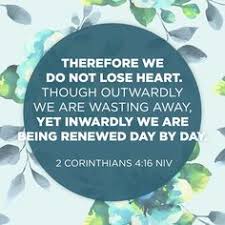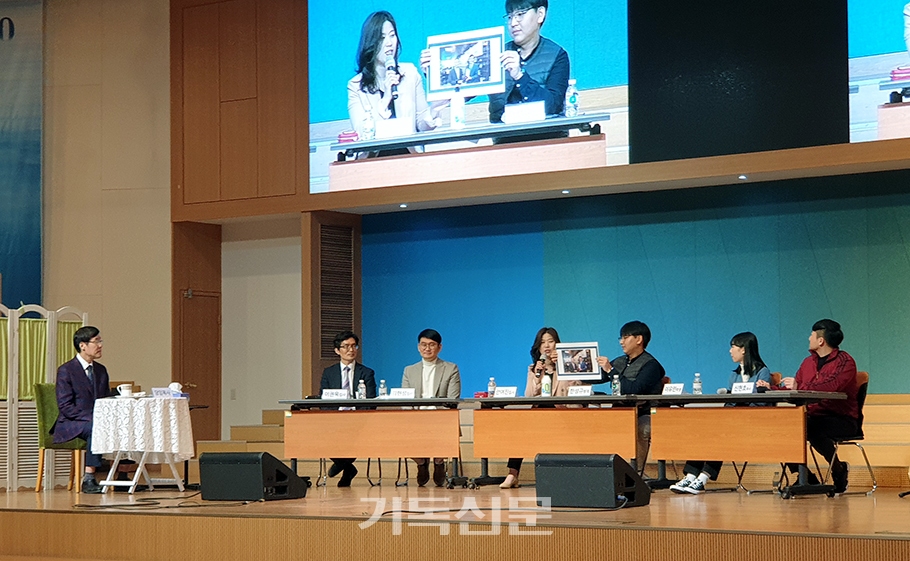 Korea is one of the world's fastest aging societies and the population growing at the slowest pace ever. This brings problems the government is working to remedy. Korea is an 'aged society'.
Korea is one of the world's fastest aging societies and the population growing at the slowest pace ever. This brings problems the government is working to remedy. Korea is an 'aged society'.Confucius in the Analects 2-4 said: "At fifteen my heart was set on learning; at thirty I stood firm; at forty I was unperturbed; at fifty I knew the mandate of heaven; at sixty my ear was obedient; at seventy I could follow my heart's desire without transgressing the norm."
Down through the ages, Wisdom was considered a gift of old age but as we know they don't always go together. Confucius' experience in old age can be very similar to what St. Agustine said many centuries later: "Love and do what you will." Meaning love will give us the wisdom to do the right thing. In an article in the Catholic Digest, a medical doctor wonders if society is helping the old to grow in wisdom and asks: "Is getting old a disease?"
As we get old the 'hardware' begins to break down. This is readily seen as the normal reality of aging. However, many still find this difficult to accept: "My body is not what it use to be, what can I do to get back what I lost?" Aging is seen as a treatable disease.
The overwhelming information on health and the pharmaceutical companies' propaganda does a good job of bewildering many. They see the symptoms and conclude: "this must be it." We are seduced into a hypnotic state. The advertisements aimed at the elderly are overly abundant.
Society doesn't have the necessary experience of what it means to grow old and the old are not familiar with the natural changes that come with age and are in search of medical help and waste a lot of their twilight years on pilgrimages to doctors. Society needs to teach the changes that came with age and the old need to learn.
As we grow older our organs weaken and our vitality decrease. The muscles of our breathing organs become weak and the amount of the oxygen we can inhale is limited so that just running a few meters we are out of breath. The tiny air sacks in our lungs no longer work efficiently, a normal stage of growing old. So we try deep breathing and continue to exercise.
The swallowing muscles become weak, and food or impurities can enter, a cough is a sign that the body is reacting as it should. The stomach and the organs are sluggish, the pancreas and liver operations have decreased and eating less at one time and more frequently is a help. The possibility of not enough enzymes may make milk products difficult to digest and bean milk can be used instead. If constipation is a problem make sure food fiber is on your menu. The hearing will also be a problem, have your family members speak louder although hearing aids will be a help.
In old age, one has to be careful since the liver is not detoxifying as it once did, medicines which are supposed to help may not. We are interested in anything that may help to give us health but it is good to remember that there is the stark fact that adverse reactions do appear. Processed and refined foods should be few. Natural foods eaten often is the best policy. Our genes have recorded what has to be done. Live in harmony.
Eat evenly not too much, drink enough water, exercise, and know what is necessary for health, rest, when you rest— everything in moderation. The genetic factors will be active and keep you healthy for a long time.




